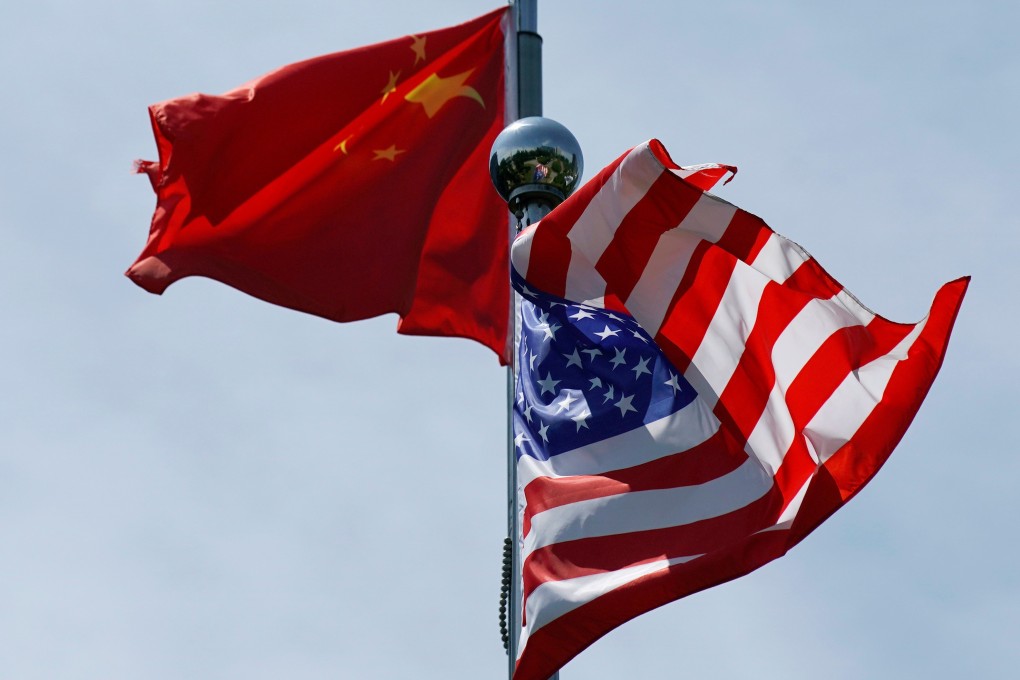Advertisement
Are US-China relations heading for a new cold war in 2020?
- A disengaged Washington and an increasingly combative Beijing are ending 2019 with a lack of trust on both sides
- Trade war has morphed into a structural rivalry which may reshape the global balance of power
Reading Time:6 minutes
Why you can trust SCMP

In a year which began with the 40th anniversary of official US-China ties, the two countries remained caught throughout 2019 in an economic and geostrategic tussle which appears to be spiralling towards a superpower showdown under the watch of two nationalistic, headstrong leaders.
Even the announcement of a long-anticipated trade truce towards the end of an otherwise chaotic, depressing year appeared to offer little hope for the increasingly adversarial relationship.
What started as largely a trade dispute in 2018 has morphed into a retaliatory cycle of structural rivalry – covering technology, national security and geopolitics – that many pundits say is reshaping the global balance of power.
Advertisement
While the so-called phase one trade deal was largely viewed as face-saving optics in a time of crisis, experts agreed it was far from enough to end the protracted trade war, dissolve deep-running tensions or undo the damage caused to both countries and the global economy.

There have been growing signs that the world’s two largest economies are decoupling and some analysts are predicting a new cold war, between a Washington which is mired in domestic political division and disengaging from the world, and an increasingly combative Beijing with its tit-for-tat approach to diplomacy.
Advertisement
Veteran China specialist Orville Schell said the death of Washington’s long-standing policy of engagement was casting a shadow on every aspect of the bilateral relationship and creating a “new and more dangerous” climate of interaction.
Advertisement
Select Voice
Choose your listening speed
Get through articles 2x faster
1.25x
250 WPM
Slow
Average
Fast
1.25x